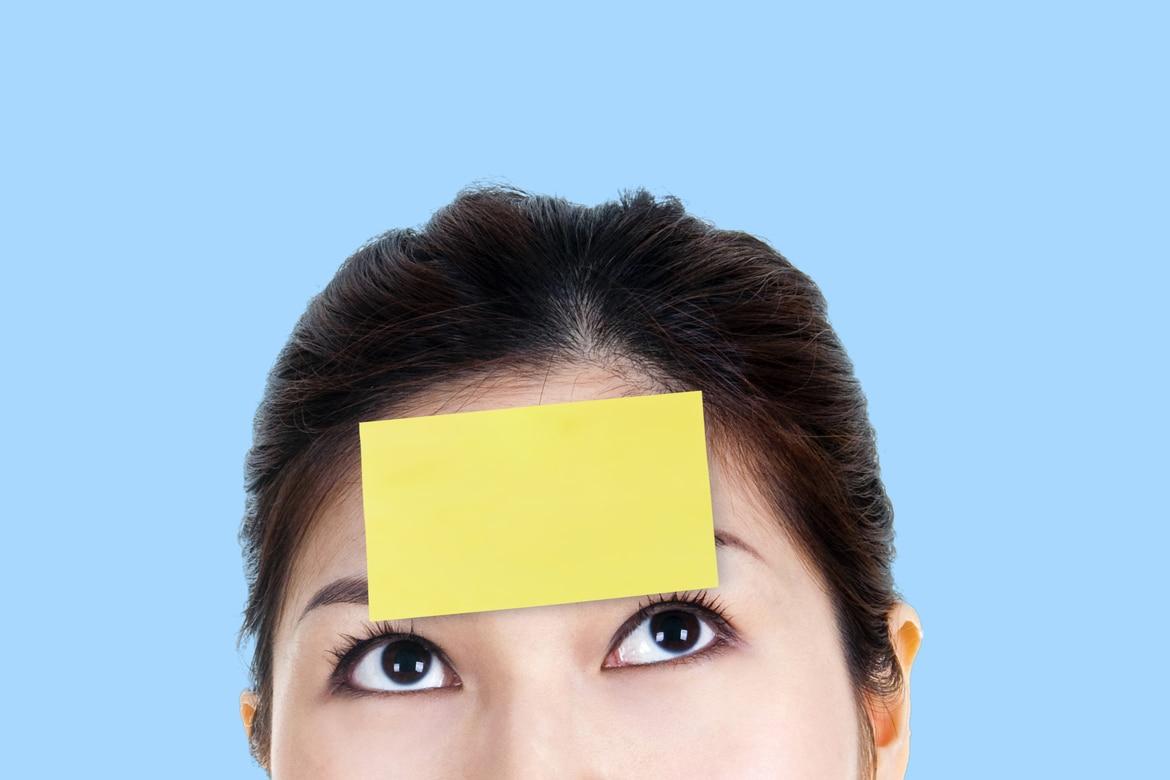
Hormonal Headache
What is a hormonal headache?
A hormonal headache, also known as a menstrual migraine or a hormone-related headache, is a type of headache that occurs in relation to hormonal fluctuations in the body, particularly those associated with the menstrual cycle. These headaches typically occur in women and are often triggered by changes in oestrogen levels.
Types of hormonal headaches
There are four types of hormonal headaches:
- Menstrual migraine is the most common type, typically occurring around the time of menstruation due to the drop in oestrogen, and may last from a few hours to several days
- Pregnancy headache due to hormonal changes throughout pregnancy can trigger headaches, especially in the first trimester and post-partum. Fluctuating oestrogen levels and physiological changes that happen during and after pregnancy are potential contributors.
- Perimenopause headache caused by fluctuating and erratic oestrogen levels. This hormonal instability can lead to more frequent or severe headaches for some individuals.
- Oestrogen withdrawal headache, when oestrogen levels drop rapidly, such as during the menstrual cycle, menopause, discontinuing hormonal contraceptives or on pill free days of hormonal contraceptives.
What are the symptoms of a hormonal headache?
Common symptoms of a hormonal headache include:
- Throbbing or pulsating pain, often on one side of the head
- Nausea and vomiting
- Sensitivity to light and sound
- Visual disturbances, such as aura (flashes of light or blind spots)
The severity of symptoms may vary from person to person and from one episode to another.
When to seek medical attention?
It is advisable to seek medical attention if:
- Headaches become more frequent or severe
- Headaches are accompanied by neurological symptoms such as weakness or numbness
- Headaches come with new symptoms like fever, neck stiffness, or vision changes.
- Over-the-counter pain relievers aren't effective.
- Headaches interfere significantly with daily activities
- There is a sudden onset of severe headache, especially if it is different from previous headaches
What causes a hormonal headache?
The exact cause of hormonal headaches is not fully understood, but hormonal fluctuations, particularly changes in oestrogen levels, are believed to play a significant role.
Other factors that may contribute to hormonal headaches include stress, dehydration, lack of sleep, and certain foods or environmental triggers.
What are the complications of having a hormonal headache?
Complications of hormonal headaches may include:
- Impaired quality of life due to pain and associated symptoms
- Interference with work, school, or social activities
- Sleep disturbances, worsening fatigue
- Anxiety or depression related to chronic pain
How do you prevent a hormonal headache?
To help prevent hormonal headaches, consider the following strategies:
- Maintain a regular sleep schedule and ensure adequate rest
- Stay hydrated by drinking plenty of water
- Have a balanced diet and avoid processed foods, excessive caffeine or alcohol.
- Manage stress through relaxation techniques such as meditation or deep breathing exercises
- Avoid triggers such as certain foods, strong odours, or bright lights
- Regular exercise can help manage stress and improve overall well-being.
- Keep a headache diary to identify patterns and triggers
In some cases, mini prophylaxis treatment may be prescribed during the menstruation period to reduce the frequency and severity of hormonal headaches.
This coverage checker is brought to you by Health Insured, an online resource that helps you understand your health coverage in Singapore.
This page has been reviewed by our medical content reviewers.
Need help?
For enquiries, please call
+65 6250 0000 (Orchard) or +65 6898 6898 (Novena)
For appointment bookings, please WhatsApp
+65 8111 7777 (Orchard) or +65 8111 5777 (Novena)
 Brain & Spine Care
Brain & Spine Care







